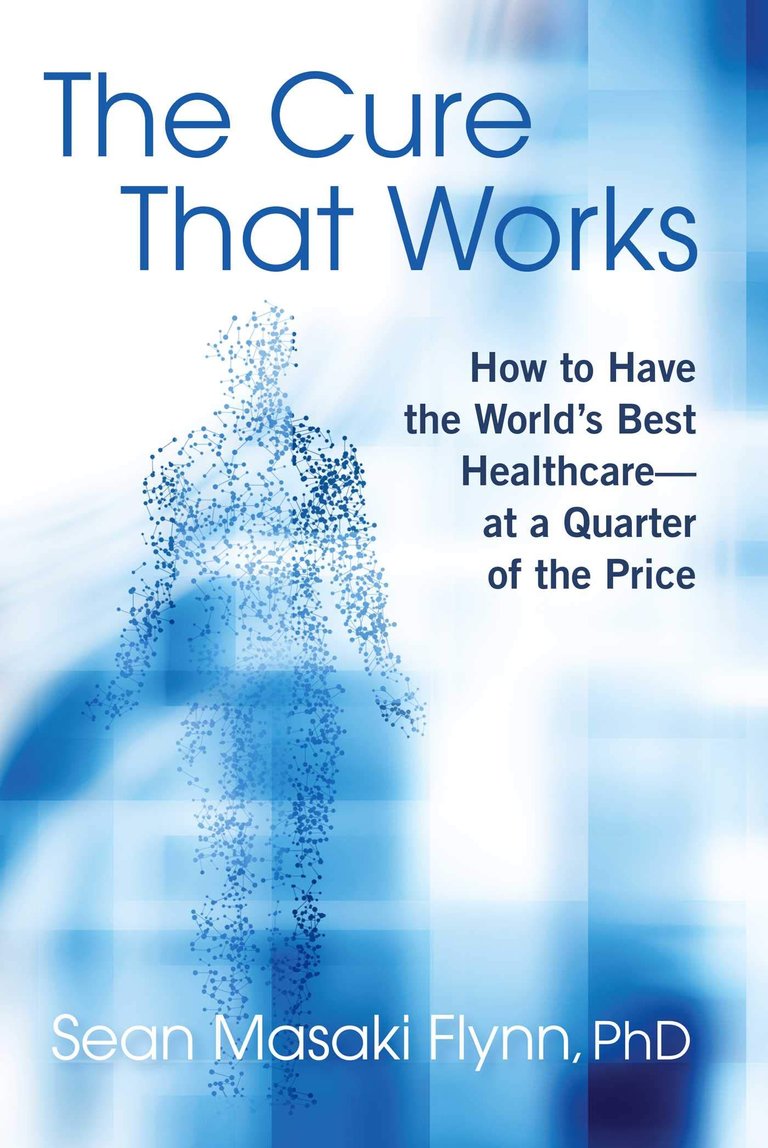This publishing is in response to Dr. Sean Flynn's talk to the Oklahoma State University Free Enterprise Society. It is titled "The Cure That Works--How to Have the World's Best Healthcare--at a Quarter of the Price"
Wow. My first impression upon watching Dr. Flynn's presentation was one of incredible amazement and astonishment. First of all, Dr. Flynn was one of the best presenters I have watched - he knew his material like the back of his hand. Because I cannot argue against the points he made, speaking on how and why Singapore has a better healthcare system, I will instead discuss some issues and benefits of using this free-market healthcare system in America.
Several of the benefits Dr. Flynn pointed out were the much lower costs of healthcare to citizens and the ability to price shop. Going one step further, creating free-market competition for healthcare providers, will ultimately cause them to chase profitability as any other free-market business. An effect of this would make providers cut their own costs by opting for cheaper medicines, making those costs fall as well. In America, there is huge price discrimination on medicines, especially for the most inelastic sorts like insulin. Because people that need insulin will pay whatever the cost is for it, the cost of insulin is artificially high. Competitively priced healthcare will help to drive these artificial prices down, further benefitting consumers. 
In the Whole Foods example, Flynn discussed how workers that used less money than their allowance would get the rest of that baseline back into their own pocket. This helps to get rid of the free-rider problem, people will get care only if they need it, and chase lower costs.
On to the concerns part of my reflection. How would we keep the government from exploiting the money it saves by creating the healthcare savings fund? The Singapore example says that their savings fund could continue to pay out for five years. As Dr. Flynn stated, people are bad at saving money. So is the United States government. Bureaucracy and legislature hold-ups will surely dampen the impacts of a savings fund in America.
Insurance companies will lobby against this to no end. Geico had profits of $728 million in 2021, and they use much of this money to get in the ear of politicians. Whilst politicians are still receiving backdoor kickbacks from corporations, I am not sure this system will gain much support in Congress.
Doctors want to continue to make the same money. Would there be a decrease in the supply of doctors to try and keep higher prices? Surely the pay rate for doctors will down as they are not able to upcharge the insurance companies. This makes all the extra years of education less rewarding to be a doctor, creating fewer doctors.
Overall, I like this idea from Dr. Flynn. I think the effects of this could be massive toward the government paying down the debt, along with creating a balanced budget. I also think this new plan could help to erode government programs that are hardly useful anymore by replacing Medicare, Medicaid, and part of Social Security with a free-market, competitive healthcare system.
